The rise of the precariat: What will work look like in the post-pandemic world?
After all the changes to our lives that we’ve had to endure since that start of the outbreak, the question remains: which ways of working will stay with us and which will not, asks Enis Yucekoralp

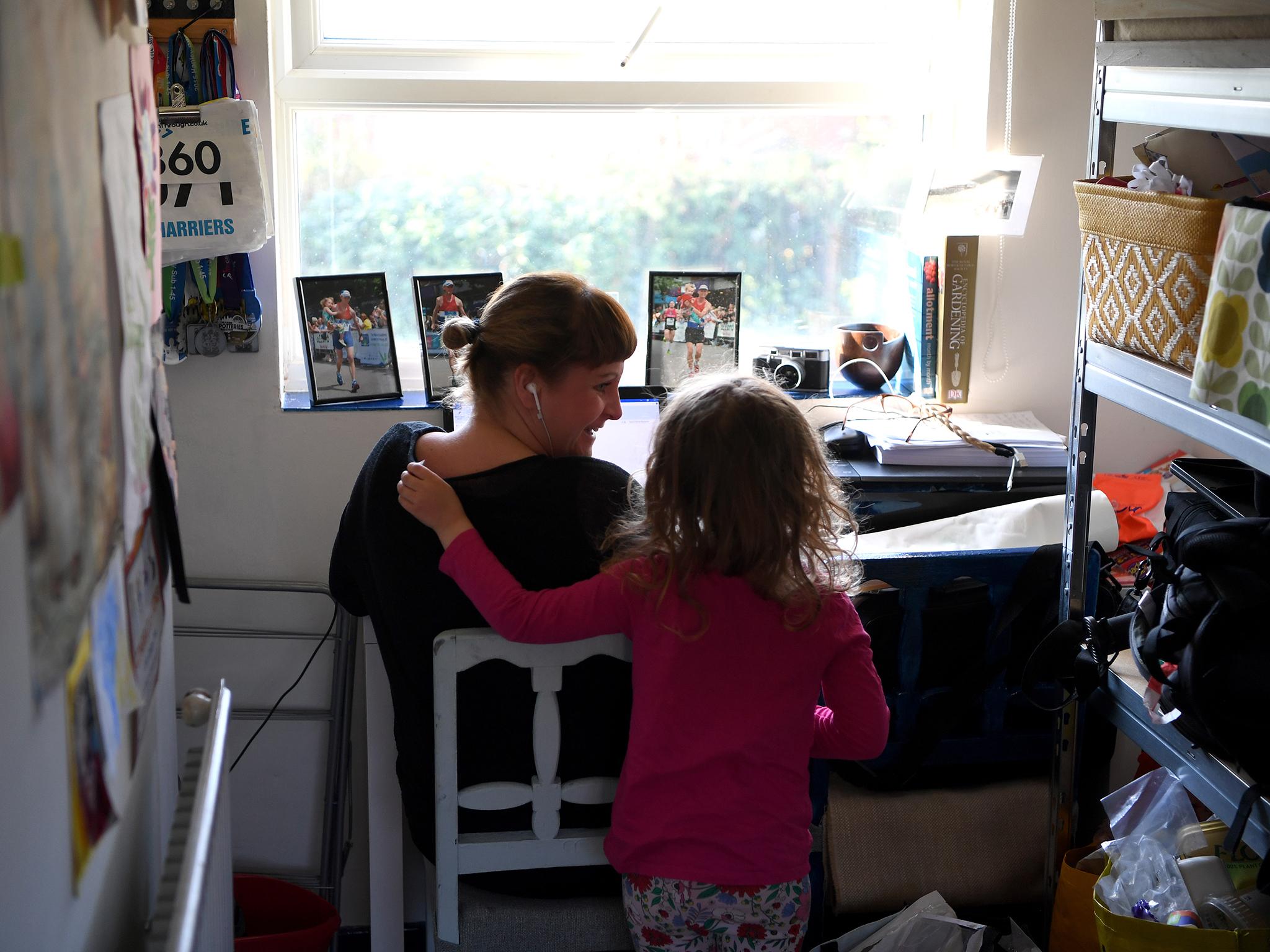
When the immediate crisis abates, what will post-pandemic “work” look like? Will the homeworking quarantine “experiment’ be adopted as white-collar capitalism’s new operating system?
While lockdown has essentially kept all but “key workers” out of confinement, there are still some non-furloughed employees, academic researchers and other workers who have been asked to continue working from home.
Data from the Office for National Statistics shows that only around 5 per cent of the UK’s workforce worked mainly from home in 2019. Last year, 8.7 million claimed that they had some experience of homeworking (just over a quarter of the 32.6 million in work).
But as recently as April 2020, nearly 50 per cent of all adults in employment were working from home as a result of social distancing measures.
Susan Clews, Acas chief executive, says: “The government’s public health advice is to work from home where possible to help prevent the spread of the virus within the wider community.
“Employers and staff who are following this advice may be homeworking for their very first time and unsure about their rights or how to best manage the situation. In response to this, Acas has created practical advice around homeworking that includes managing staff mental health, handling childcare responsibilities and dealing with remote working systems.”
Of course, millions have already been working remotely performing the impossible acrobatics of the work-life balance. Enforced remote working, if it is so, can sometimes represent a kind of un-freedom where the employee is free to work whenever and wherever their boss asks them too.
While working from home occupies a privileged position in these dark times, many arguments are predicated on the idea that “home” is always a necessarily comfortable place.
Affluenza has been rife during the coronavirus crisis and commentary has often been blisteringly out of touch. Clearly middle-class snobbery and entitlement do not diminish in a pandemic, even when they put working-class lives at risk.
Many workers are living with multiple family members due to exorbitant city rent prices and low wages. On a daily basis, they risk infecting elderly or vulnerable loved ones from whom they cannot isolate. For others, home represents the torment of an abusive relationship or the added stress of caregiver demands.
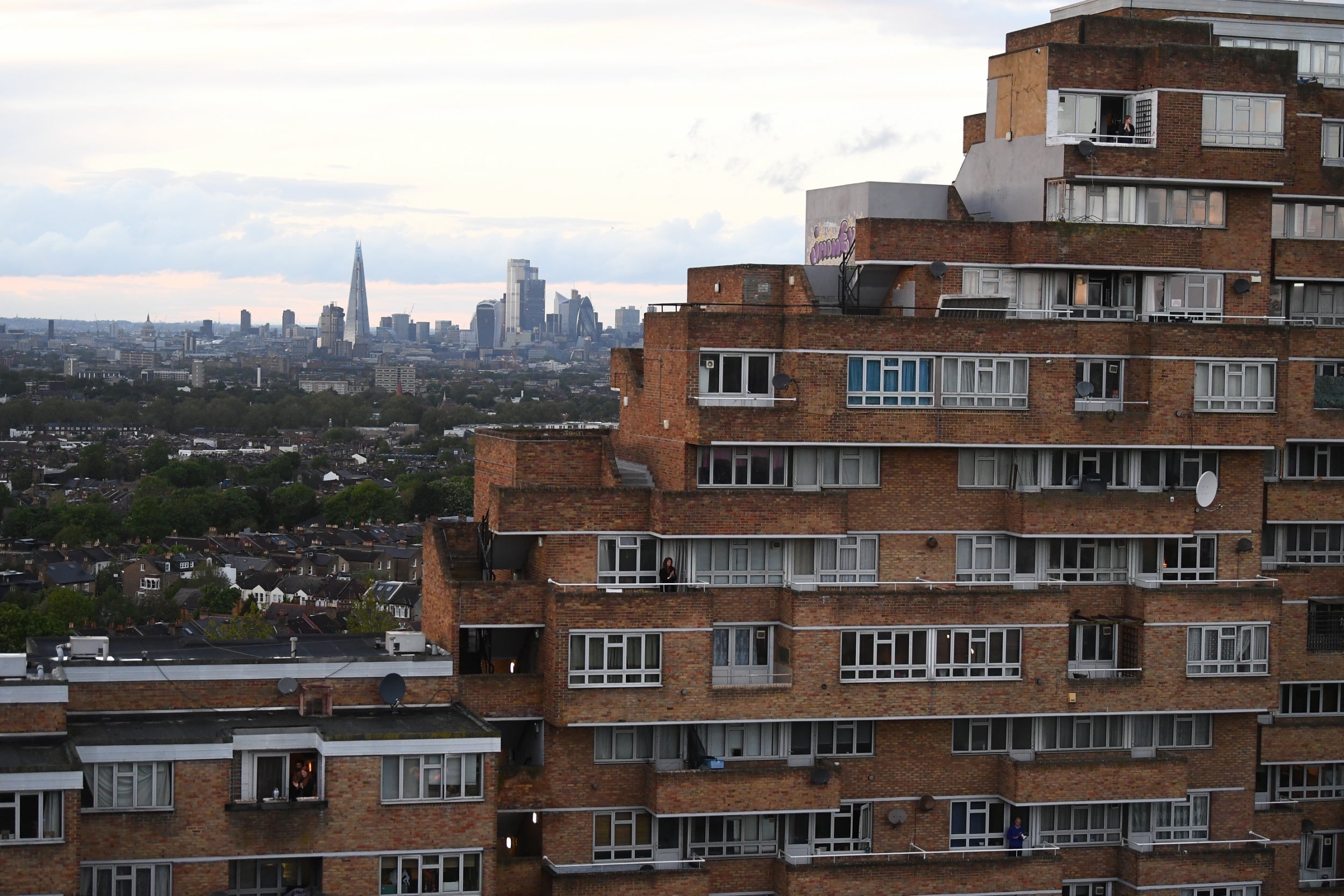
Those living in flatshares may also be confined to working in bedrooms without access to communal space or outdoor areas. Working, eating and sleeping in the same four walls will have an acutely negative psychological impact when social dynamics are in disarray and the distinction between home and work is blurred.
The lack of face-to-face human contact during the crisis has emphasised that tele-technologies cannot replace everything. The latency and digital impersonality of Zoom calls, useful as they are, cannot hold a candle to sharing our lives with friends, family, and support networks in the “real world”.
Liberal vindications that the work-life balance simply does not exist can only come from a place of profound privilege. Unfortunately, a call that we not only “live to work” or “work to live” but that we are work is one of the dark realities of late capitalism. For some, the pandemic context has made the work-life balance a very literal ultimatum.
When a firm asks its employee to work from home what is emphasised is the un-corporate dream of freedom, flexibility and satisfaction
There is a range of subtle and long-term issues underlining the unequal power dynamics of daily capitalist processes. Capitalism is predicated on inequality and under its conditions millions are surviving pay cheque to pay cheque on insecure or zero-hour contracts.
Increased workforce casualisation has led to a “precariat” class of workers. Without adequate job security, many are eking out livings in the precarity of the gig economy, itself the product of rampant capitalist forces and neoliberal ideologies.
Many of these precariat workers have simply been left high and dry by employers due to the pandemic (Wetherspoon representing a particularly heartless example of a company refusing to pay its workforce). Homelessness among migrant workers has also been one of the pandemic’s tragedies.
With job security at an all-time low during the crisis, employers are able to demand unlimited free labour from workers who are desperate to strive and struggle for bosses and clients to ensure their positions remain “competitive”.
In late capitalism, time-honoured exploitation is often sold as progressive, “disruptive” positivity. When a firm asks its employee to work from home what is emphasised is the un-corporate dream of freedom, flexibility and satisfaction. What is not mentioned are the mercenary cutbacks of overheads, the social isolation, lack of communication, or the snags of that imposed “flexibility”.
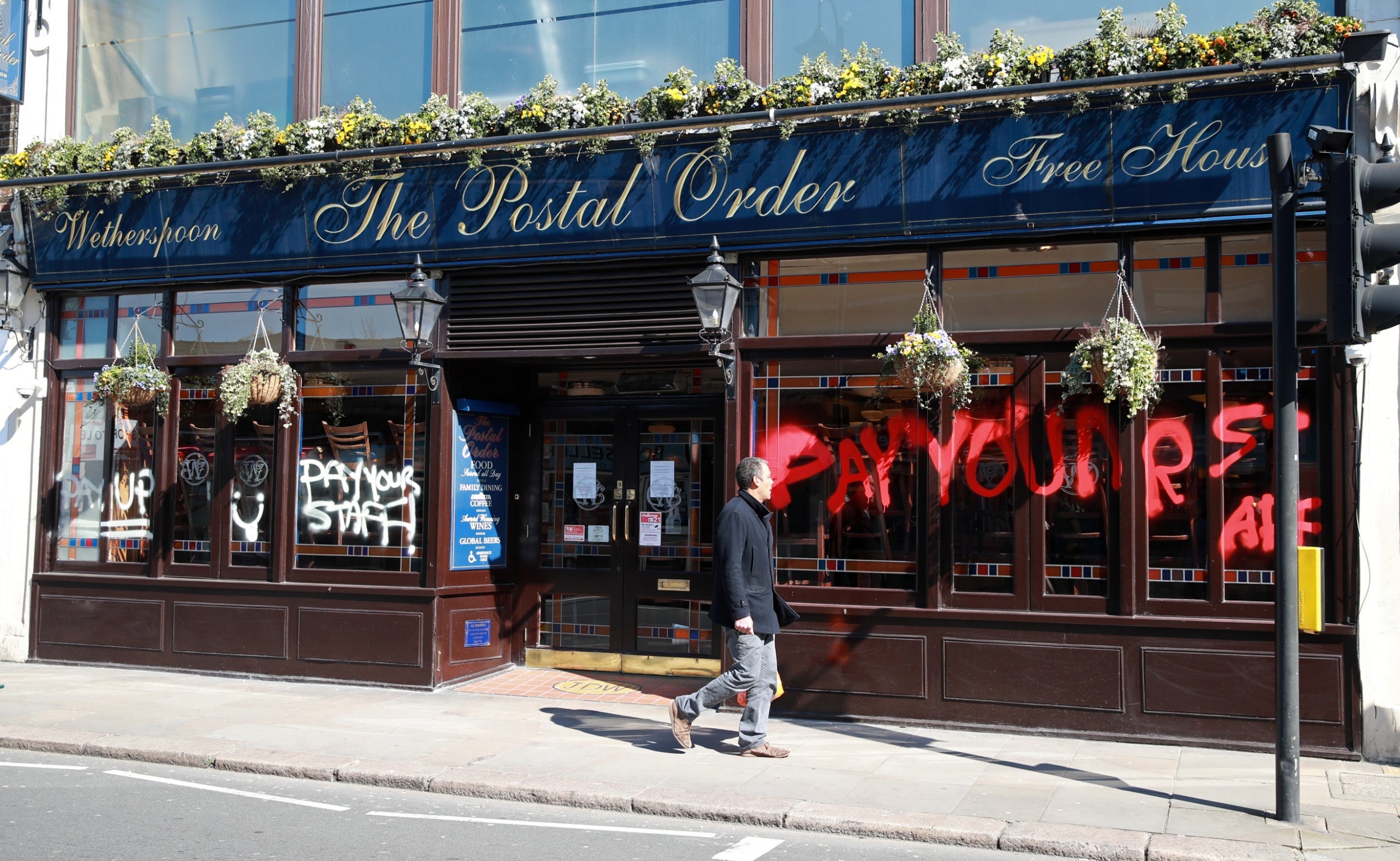
If homeworking becomes an endemic employment practice in the post-Covid future of capitalism, a series of concerns may arise. One such example: the usage of online monitoring and surveillance technologies to track and observe employees working in the privacy of their homes.
As Phoebe V Moore, associate professor at University of Leicester School of Business, suggests: “GDPR (General Data Protection Regulation) requires workers to give meaningful consent to data being collected and processed about them. Many employers simply are not taking this seriously, which is both risky for workers and for companies.
“Workers’ rights are potentially undermined when data is gathered and used for appraisal purposes without full transparency; and companies risk large fines from the European Commission for not following GDPR regulation,” she says. “Data can be gathered using CCTV, recordings of telephone conversations, emails being read, and even sentiment analysis and other biometric readings from ‘sociometric’ solutions.”
While the perception of playing with the children between Zoom meetings seems ideal to some, to others a lack of childcare represents a logistical and psychological worry
A data-tracked work environment would raise genuine ethical GDPR issues and produce psychological anxieties. When the interior of the home is subject to a covert tyranny over the workday, any infringements would invade privacy in more ways than one.
Though there is a danger of sometimes working during unsocial times, having free time curtailed, or of working longer hours without adequate breaks, working from home can be done “properly”. This, however, is overwhelmingly the case in contexts where the choice to work from home is the privilege of the worker themselves.
The recent example of Twitter is emblematic of this. A memo issued by CEO Jack Dorsey has given handed autonomy to workers to decide their future at the social media giant: “Opening offices will be our decision, when and if our employees come back, will be theirs.
“We were uniquely positioned to respond quickly and allow folks to work from home given our emphasis on decentralisation and supporting a distributed workforce capable of working from anywhere,” the bulletin reads.
While a distributed workforce offers a potential boon to those raising young children, the other side of the coin represents working parents – housebound and deskbound – spinning the plates of emotional labour and work-based productivity.
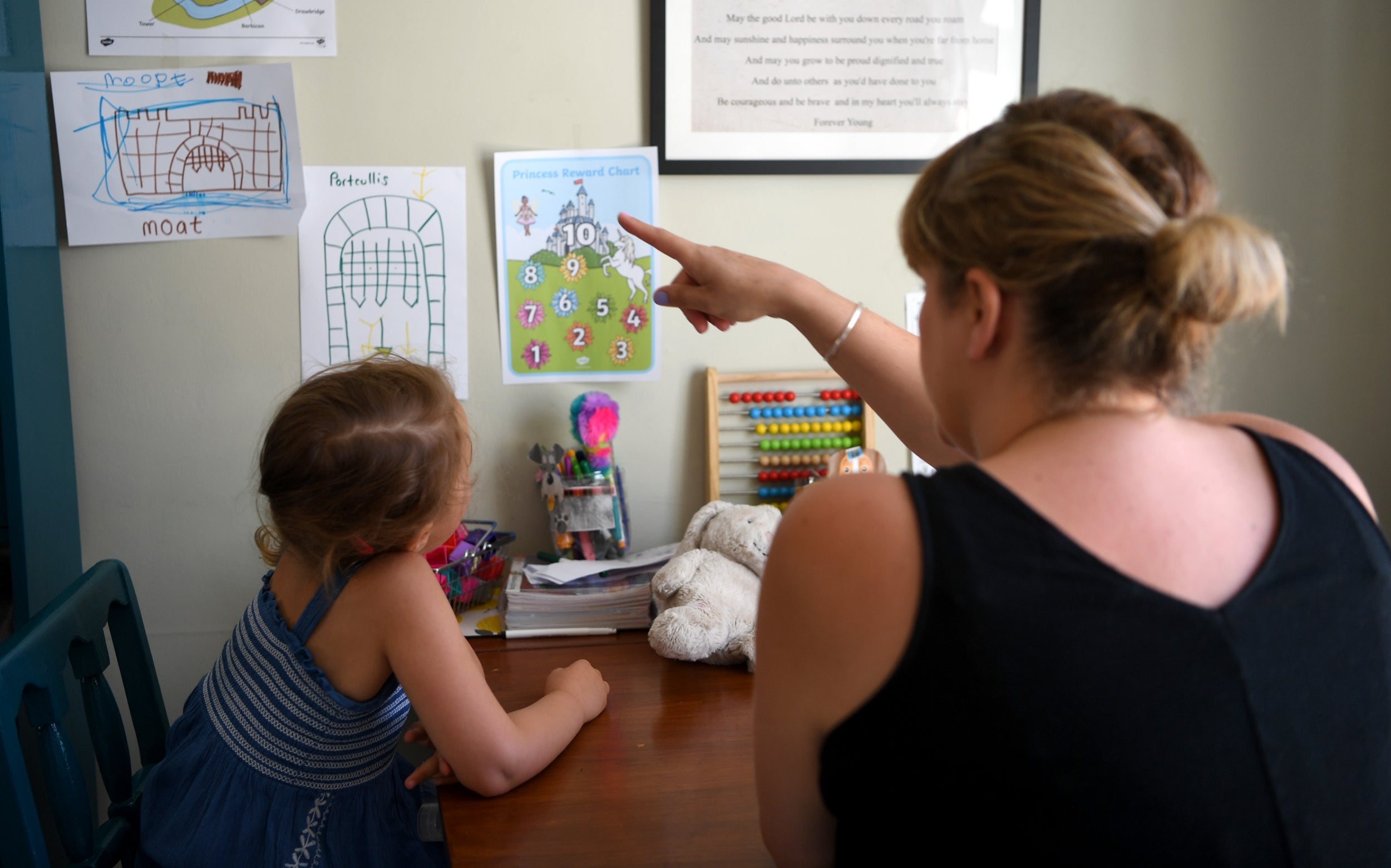
Schools are currently closed for the safety of staff and students, while teachers’ unions fight for them to remain that way until they are safe to reopen. Few people are necessarily equipped with the tools to maintain jobs, childcare and all the functions of modern life; in that sense, then, working from home sometimes seems as oxymoronic as it sounds.
While the perception of playing with the children between Zoom meetings seems ideal to some, to others, a lack of childcare represents a logistical and psychological worry.
In heterosexual relationships, this issue predominantly affects female caregivers more than men, which underlines the unequal gendered distribution of labour that exists under capitalism.
Professor Nichole Shippen, an associate professor of political science in the United States, doubly clarifies this example. Not only has her sabbatical research been heavily impacted by the pandemic, but she and her partner have a young baby to look after and are now navigating homeworking and the loss of access to daycare.
Despite balances being struck and fair shares being performed, her partner’s work-based time constraints and back-to-back Zoom meetings necessarily interfere with reciprocity. “This has little to do with my partner’s individual choice,” she states, “but is a built-in reliance on rendering social reproductive labour, still largely women’s work, invisible, unrecognised, underpaid or unpaid under capitalism. Once his workday ends, I am largely too exhausted from taking care of our baby all day to read, let alone think and write. However, I still conduct interviews via Zoom.”
Following previous lines of thought from her book, Decolonising Time: Work, Leisure and Freedom, Professor Shippen theorises more generally that “the primary caregiver (unpaid) now out of necessity must also become the home-school teacher (unpaid) and continue to work (wage labour). Both types of labour remain necessary since people have to be kept alive and we still live in a wage-based economy.
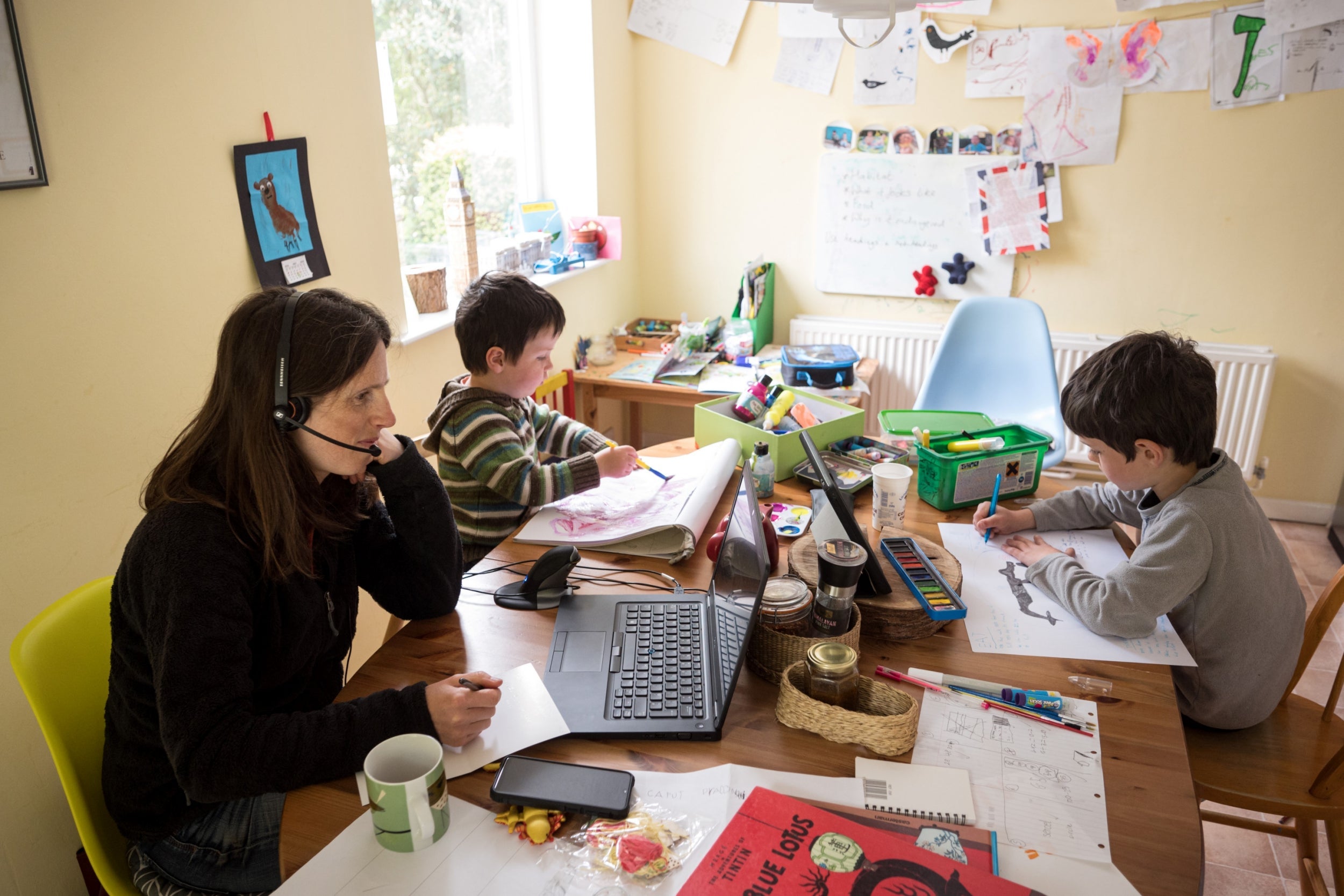
“What or rather who gets sacrificed to wage labour will undoubtedly remain the same (people of visible colour, particularly women and undocumented people), especially in those households where their places of employment are not unionised. At least with a union, you stand a fighting chance to push back.
“We have to recognise the existence and centrality of social reproductive labour that always underlays wage labour. Keep in mind that time is already and always political under capitalism and we should not be forced to Zoom our lives away,” she adds.
In times like these, everything is work and there are no breaks. People working from home are meant to do it all, all the time. The main issue is that certain drawbacks of homeworking are systemic and will persist even after capitalism survives the coronacrisis.
That is why the furloughing scheme, far from ‘turning Conservatives into socialists’, was a scheme in every sense. A drastic, positive and generous decision, yes, but a compulsory measure
In particularly unscrupulous situations, remote working can also be a ploy to peel back wages and workers’ rights by exploiting loopholes in employment legislature. Some firms may look to skimp on their compensation and benefits packages by firing and then rehiring former employees as self-employed independent subcontractors.
Without unions and colleagues, an employee is atomised and alienated. The future could mean that formerly “secure” jobs are sucked into the vortex of the precariat gig economy after the pandemic.
With distressing emphasis, Covid-19 has foregrounded the dire extent to which the labour force is being failed. Certainly, a pandemic-provoked economic recovery compounds the class struggle. Someone will have to foot the bill for the costs of the coronacrisis; if it is not workers it will be the capitalist class.
If community-led NHS fundraising, debates over the furlough scheme and an unworkable landlord-friendly rental arrear policy are anything to go by, it seems that the decision to charge the working public and exonerate capitalism has already been made.
That is why the furloughing scheme, far from “turning Conservatives into socialists”, was a scheme in every sense. A drastic, positive and generous decision, yes, but a compulsory measure. In essence, it can only be understood as state intervention to preserve the processes of moribund capitalism, not a radical socialist project to offer socio-economic democratisation.

Some advocate other policies. Charles McInerney, a culture and systems consultant based in Amsterdam, suggests that “the fact that so many workers are faced with a choice between personal freedom and economic security is what draws me to a framework like universal basic income (UBI).
“Under UBI, the notion of having a base-level of freedom and security is not considered a privilege but a human right. More than just an economic tool, it’s a means and a symbol of a shift in the values upon which our society functions. It’s about trusting that the individual understands their own needs better than a paternalistic state dangling carrots and nudging people towards certain behaviours,” he says.
Though many are already back at work and some workers are still operating remotely, the government will want to prevent mass unemployment and seems ideologically opposed to paying “idle” workers to remain at home on payrolls. Though the chancellor claimed that “this is not a time for ideology and orthodoxy” when the scheme was announced back in March, the fidelity of that remark will be tested.
Could this last until an effective vaccine is developed? Would these mitigation responses extend beyond 2020? Uncertainty seems to be the only certainty for now
Despite planning to phase out the 80 per cent wage subsidy from July, Rishi Sunak has eventually listened to furious unions and extended it to October, though its particularities remain to be seen.
That its U-turn has only come about thanks to the force of trade unions further underlines the importance of a robust solidarity among workers for achieving real change. However, the effect of the pandemic on all types of work and sectors of employment will have a series of ramifications.
Some jobs in sectors such as leisure, hospitality and tourism are likely to simply disappear, while essential functions in hospitals, supermarkets and elsewhere still confront the prospect of contagion on a daily basis.
International competition for jobs could escalate as increases in distance-working technologies and videoconferencing platforms would make for even more unrestricted expansions of the global labour market. Exploitative outsourcing in countries with weaker employment legislation would intensify.
Even after the lockdown is lifted, a rising preference for homeworking may see firms reduce overheads by cutting back on office leases. A post-pandemic restructuring of desk environments and downscales in upmarket office complexes could disturb the commercial property market.
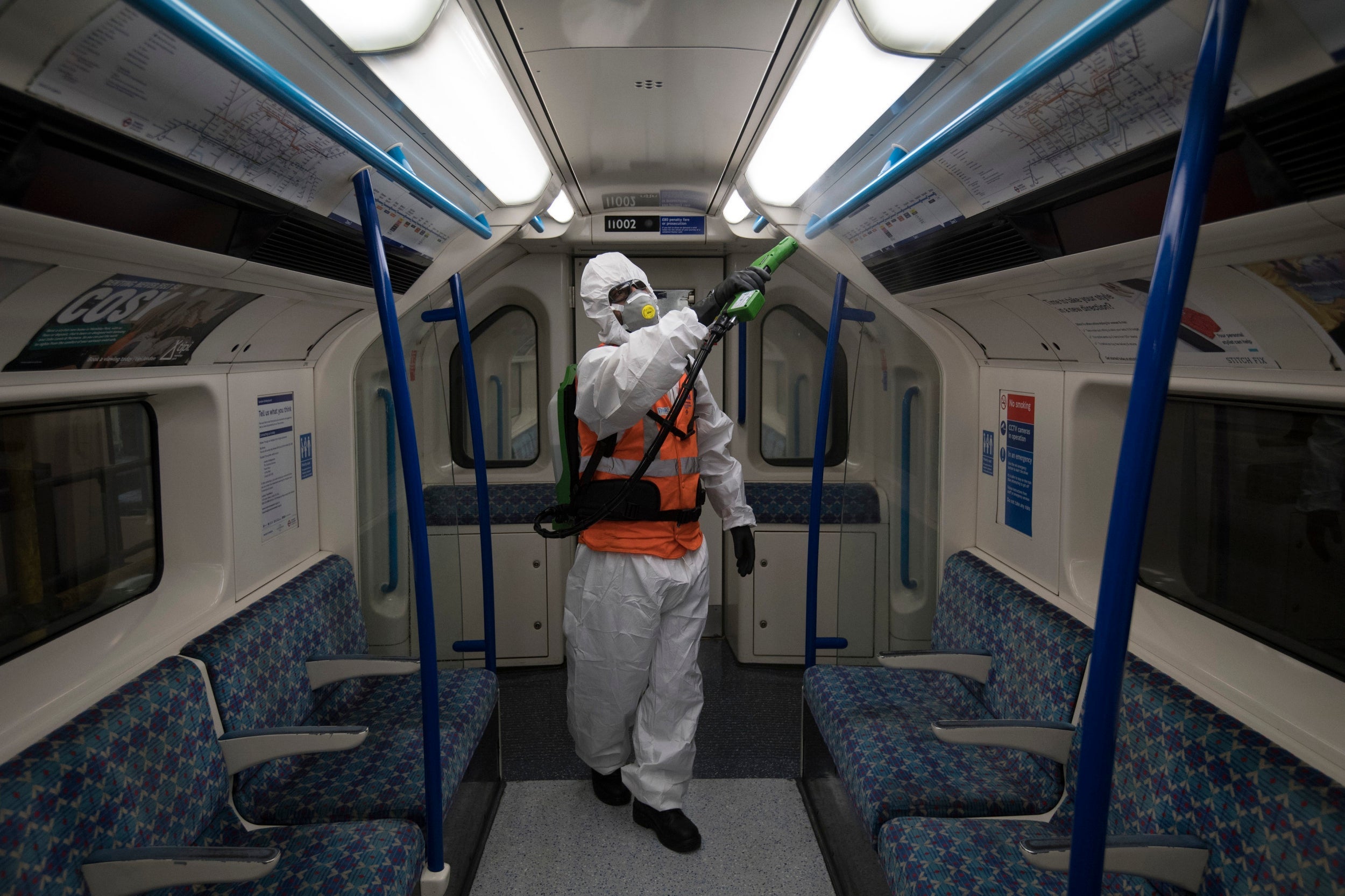
Of course, the office as a concept and a reality will not simply vanish into thin air. “The death of the office has been predicted several times and has not happened,” claims Elena Magrini, a senior analyst at the urban policy unit at the Centre for Cities. “Businesses recognise the value that comes from face-to-face interaction such as sharing ideas, training and professional development.
“In addition to that, the majority of jobs cannot be done from home,” she rightly adds. “At most, Centre for Cities estimates that around four in 10 workers in cities such as London or Edinburgh could work from home – but this is more than double the proportions able to in northern cities such as Barnsley, Burnley and Stoke.”
Those who might possibly work in an officeless future will be in that 40 per cent minority; not everyone will be emulating the example of Twitter’s employees. Smaller firms, particularly, may be keen to re-establish their close corporate cultures. The majority of manual occupations and other non-office posts will be back out in the workplace.
But in the short term there will have to be a rearranging of the furniture, quite literally; a trapeze act of partitioning employees while maintaining productivity, morale and health standards. Presenteeism will surely be eliminated from the workplace. Additionally, canteens would have to be heavily regulated or suspended, shift patterns might have to be staggered to reduce pressure on space and public transport usage, and the schedules of facilities management teams would be increased.
Could this last until an effective vaccine is developed? Would these mitigation responses extend beyond 2020? Uncertainty seems to be the only certainty for now. However, the University of Cambridge may have set a precedent by announcing that all face-to-face lectures will be moved online until 2021.
Hypothetically speaking, are we so very far from a future where work and the capitalist system as we know it will have to adapt and change as environments are forced to reduce the density of their populations to become “crisis-resistant”?
Peak relapses of the virus and other equally dangerous pandemics always remain a threat; the climate emergency too will have its say on the avenues open to change-makers in the coming decades.
Ballardian though it may be, perhaps it is not so farfetched to presume that some aspects of recent events could become normalised in the years to come. Some of them have already presaged permanency.
At root, forcing people back to work in the uncertainty of the pandemic milieu is the immiserating sacrifice of public health over private wealth. This need not be a capitalist zero-sum game. We need less atomisation and indifference and more solidarity and responsive coordination from communities at all levels.
Update, 21 August 2020:
A representative of Wetherspoons contacted us following publication of this article to say that at no time did Mr Martin tell employees that Wetherspoons would not continue to pay them. It is accepted that all staff were paid by Wetherspoons up until the point of pub closures, after which staff received furlough pay.
In addition, we are happy to clarify that Mr Martin did not direct staff that they “should work at Tesco instead”. The actual words Mr Martin used to staff were: “We’ve had lots of calls from supermarkets, Tesco alone want 20,000 people to join them, that’s half the number of people who work in our pubs… If you’re offered a job in a supermarket many of you will want to do that, if you think it’s a good idea to do it, I can completely understand it.”
Join our commenting forum
Join thought-provoking conversations, follow other Independent readers and see their replies
Comments